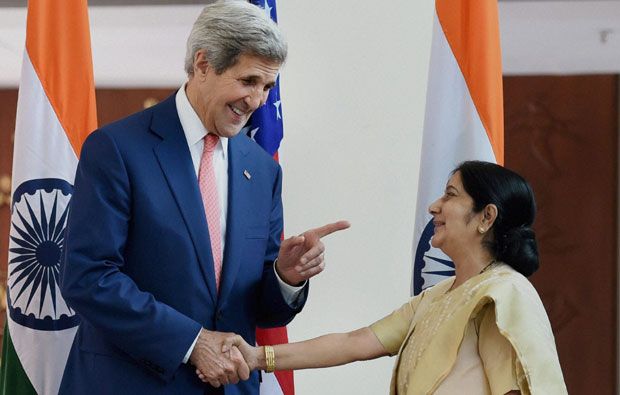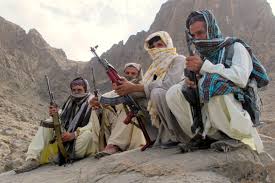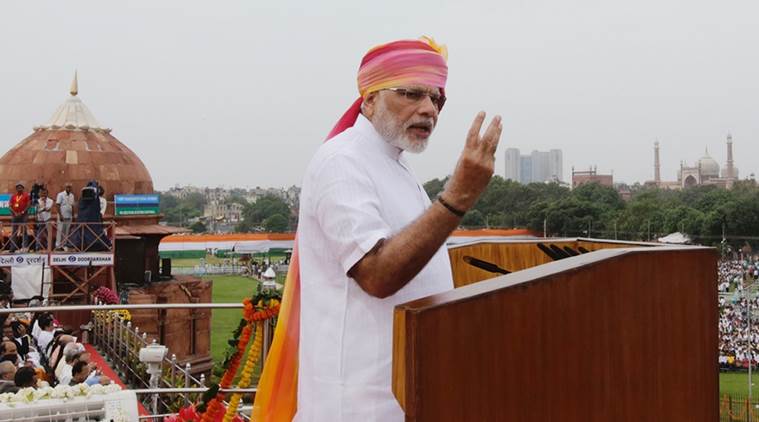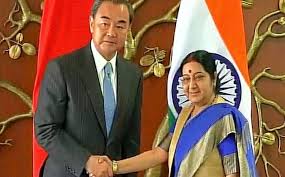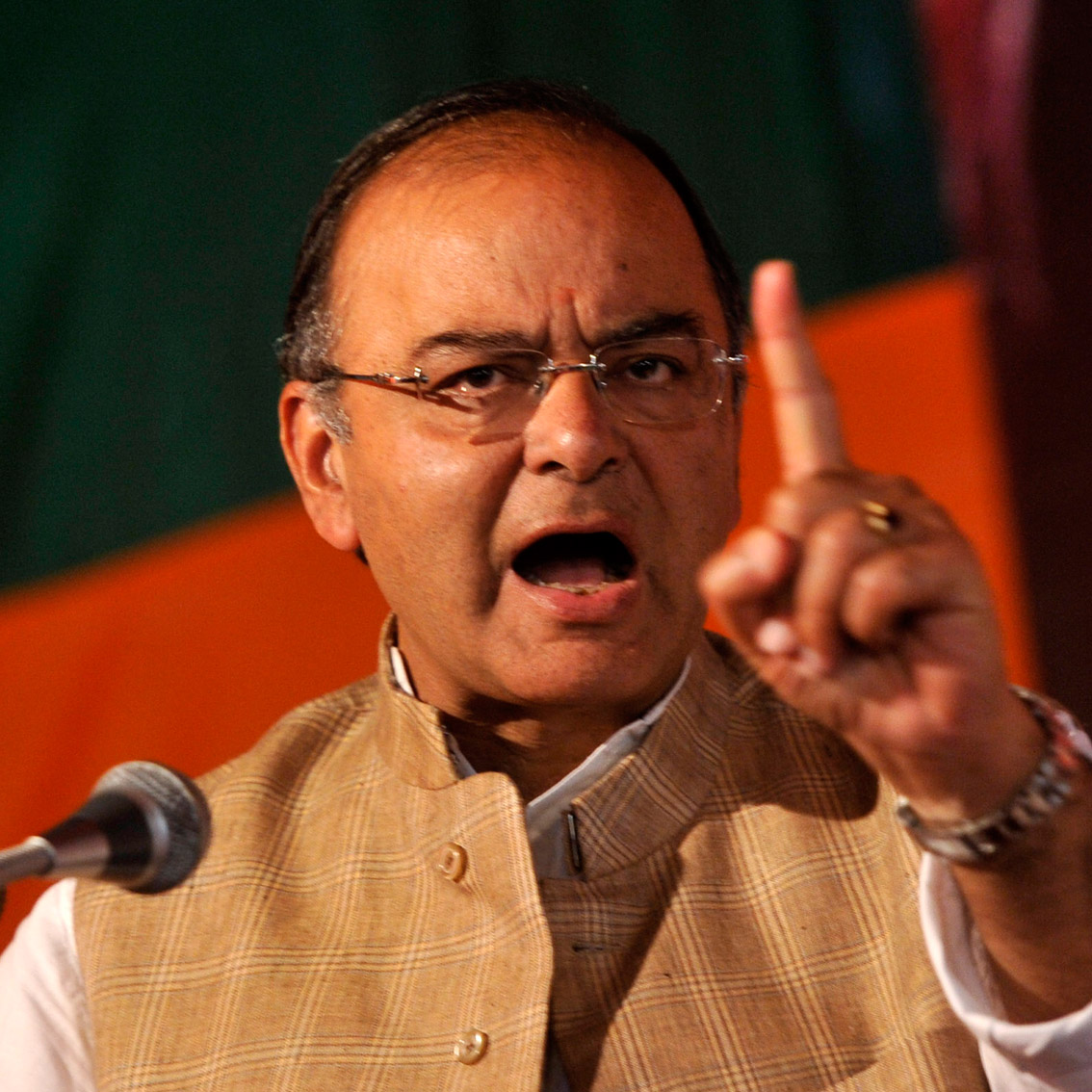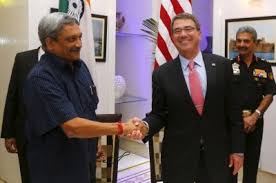
Logistics pact to tighten India-US strategic embrace
In the emerging alphabet of India-US relations, another acronym LEMOA has been added as the two countries signed a landmark logistics exchange agreement that will enable their militaries to access each other’s military supplies and refuelling capabilities through ports and military bases.
The agreement was signed in Washington DC on August 29, a day before India and the US hold their second strategic and commercial dialogue in New Delhi. The pact is a leap of faith for India as the long-negotiated pact was bogged down in apprehensions in India regarding infringement of the country’s sovereignty in the military sphere. The inking of the pact underscores the Modi government’s design to risk political pressure to deepen military and strategic ties with the world’s most powerful country.
India’s Defence Minister Manohar Parrikar and his US counterpart Ashton Carter lauded the signing of the bilateral ‘Logistics Exchange Memorandum of Agreement’ (52940157), saying the pact will facilitate opportunities for “practical engagement and exchange”.

